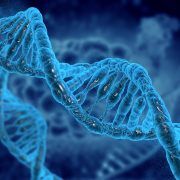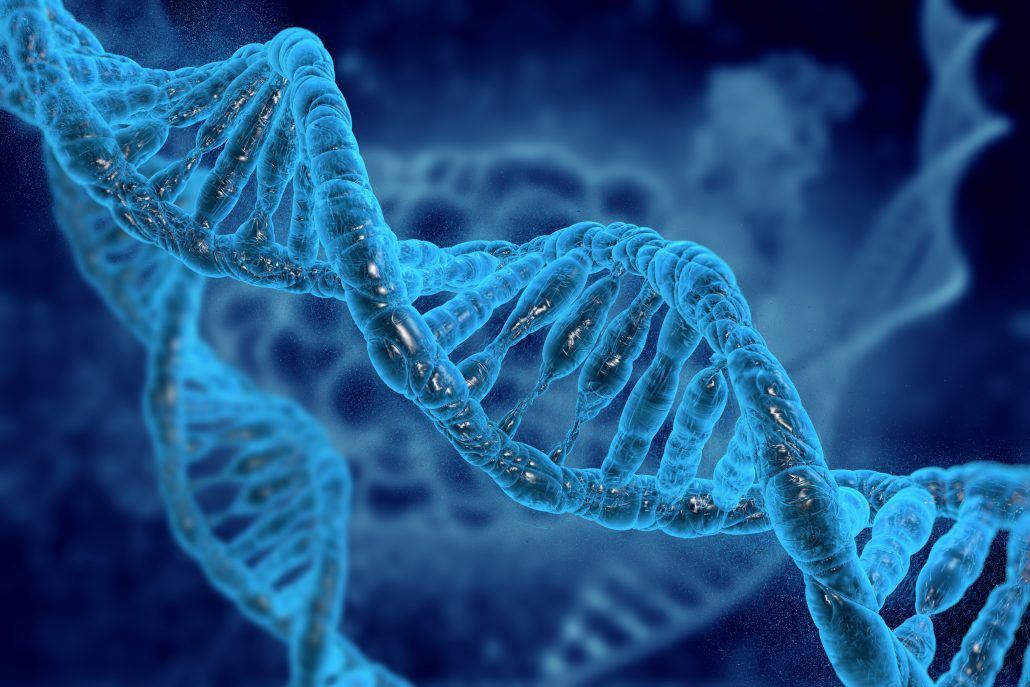As we focus on the health of our genes and DNA with respect to disease and longevity, we most often tend to concentrate more on avoidance of toxins and environmental exposure. But, it may be the lack of essential nutrients to support health and the repair of DNA that is ultimately more important.
Dr. Bruce Ames from the University of California, Berkeley, developed the Ames test which is a cheap and convenient assay for mutagens and therefore potential carcinogens. He is one of the most respected microbiologists in the field. Back in 2000 he published a very important paper discussing the potential for micronutrient deficiencies to contribute to DNA damage potentially leading to cancer.
Summary of the research paper:
Common micronutrient deficiencies such as folic acid, Vitamin B12, Vitamin B6, niacin, Vitamin C, Vitamin E, iron, or zinc, are likely to damage DNA by the same mechanism as radiation and many chemicals, appear to be orders of magnitude more important, and should be compared for perspective. Remedying micronutrient deficiencies should lead to a major improvement in health and an increase in longevity at low cost.
“Optimizing micronutrient intake (through better diets, fortification of foods, or multivitamin-mineral pills) can have a major impact on public health at low cost. Other micronutrients are likely to be added to the list of those whose deficiency causes DNA damage in the coming years. Tuning-up human metabolism, which varies with genetic constitution and changes with age, is likely to be a major way to minimize DNA damage, improve health and prolong healthy lifespan.”
Thanks for sharing! Entering your USANA ID number creates a unique URL, which allows you to receive credit on referrals.
Here’s how it works: When the link is clicked, a cookie (if allowed) is created. Shopping buttons on applicable product pages will appear to the referred user. A click on these buttons passes your referral information to USANA’s Shopping Cart, tying purchases made on cookie-containing devices to you for 30 days. In addition, if a person clicks on this unique URL and then later visits USANA.com and makes a purchase (within 30 days), you receive credit for the sale.
Enter your ID now for these enhanced features.







